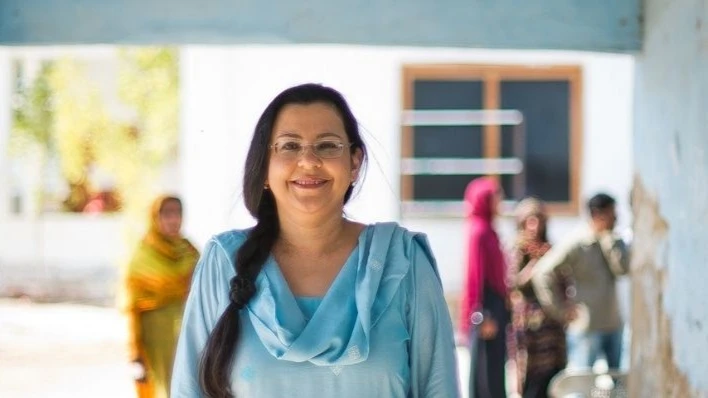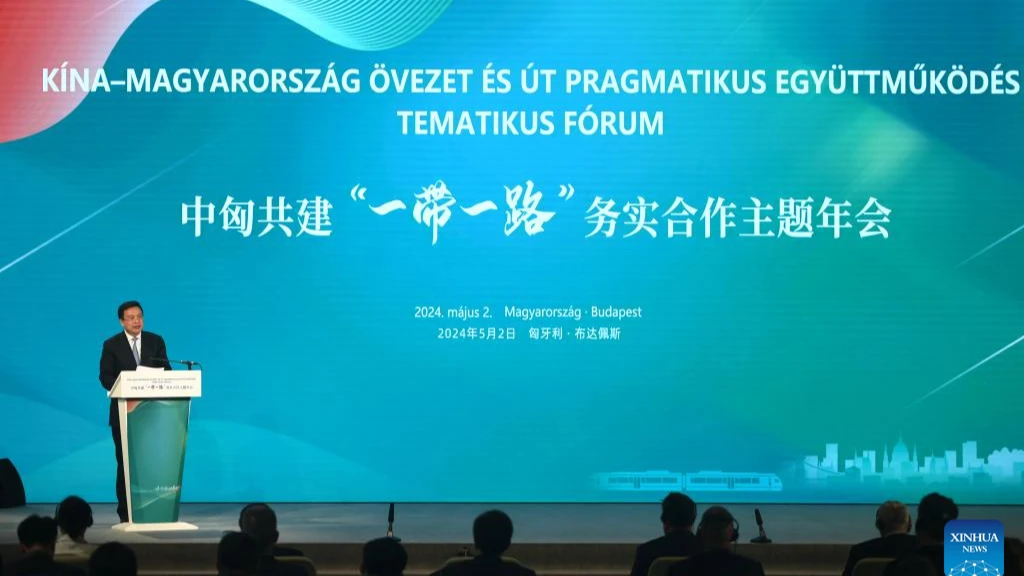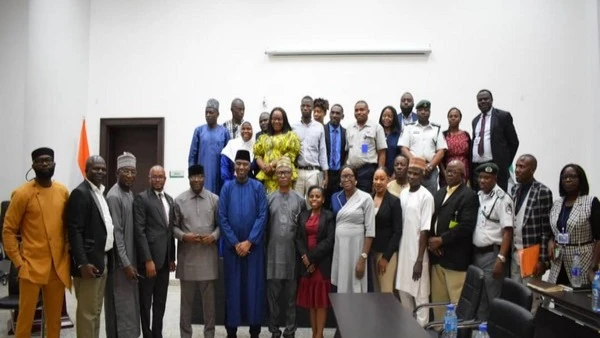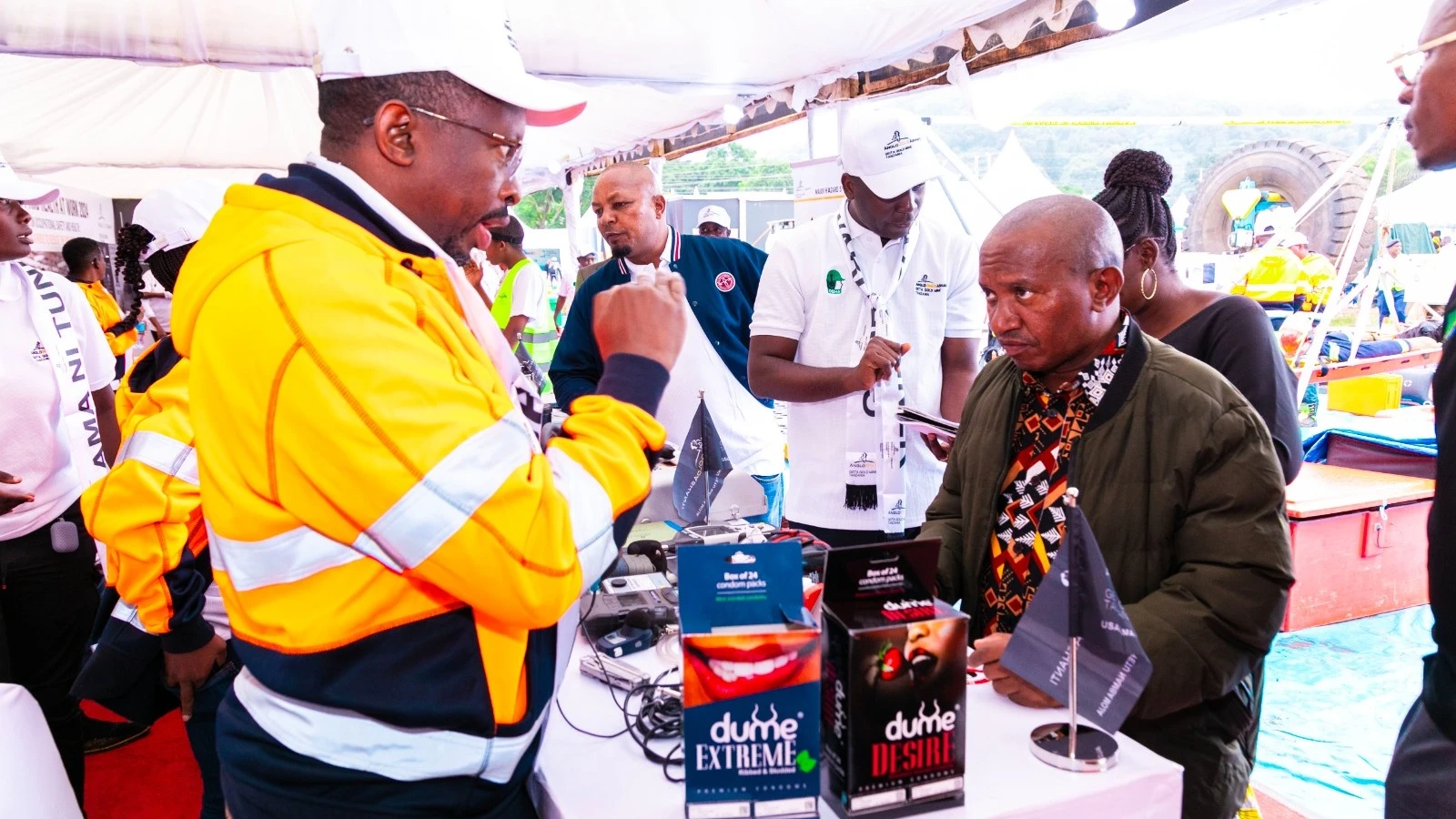African clinics to get Gates’ new portable ultrasound tech

ALARMING mortality rates in pregnancy-related complications in remote areas of Africa are likely to be reduced in the wake of unveiling ground-breaking, portable ultrasound technology by the Bill & Melinda Gates Foundation.
Dr Anita Zaidi, the gender equality president at the Bill & Melinda Gates Foundation, disclosed this in Dar es Salaam over the weekend at the WomenLift health global conference, 2024.
With thousands of online television participants, she explained the dire need for accessible diagnostic tools in regions where healthcare facilities are scarce.
“Every year, nearly 300,000 women and over four million newborns perish due to pregnancy-related complications,” she stated, underlining the disproportionate impact on low-income and to a considerable extent, middle-income countries.
The innovative ultrasound devices, compact as a water bottle and equipped with artificial intelligence capabilities, are intended to revolutionise prenatal care by enabling early detection of life-threatening conditions.
“By democratizing access to such technologies,” she asserted, “we can save more lives and ensure healthier outcomes for mothers and babies worldwide.”
Field testing has showcased the effectiveness of the devices in identifying high-risk pregnancies, surpassing human capabilities in estimating gestational age, she stated.
“Furthermore, these advancements align with the foundation’s broader mission to bridge healthcare disparities and foster equitable access to life-saving interventions,” she elaborated.
With partnerships driving the development of portable, affordable and AI-enabled ultrasound devices, she remained optimistic about their potential to catalyse transformative change in maternal and child health outcomes globally.
“As the world grapples with persisting healthcare inequities, initiatives like these offer a glimmer of hope, signalling a step forward in the journey toward universal healthcare access and improved maternal and child health outcomes,” the foundation executive noted
Vaccine microneedle array patches (VMAPs) is another product she announced, affirming that the device heralds a new era in vaccine delivery.
“These patches offer a solution to the challenges of traditional vaccine administration, particularly in regions with limited access to cold chain requirements and trained healthcare workers.
“Early trials demonstrate their effectiveness in delivering vaccines safely, with the potential to eliminate barriers to immunization and protect vulnerable populations from preventable diseases,” she explained.
There were other next-generation diagnostic systems with transformative potential in identifying life-threatening diseases faster, in a more affordable way and with greater accessibility that the Gates Foundation was introducing.
These innovations, including low-cost tests and extreme volume manufacturing (EVM) test strips, are designed to revolutionise disease testing, particularly in resource-limited settings, she stated.
“By improving the speed and efficiency of diagnostic processes, these advancements have the potential to save countless lives and mitigate the spread of infectious diseases,” she emphasised.
Dr Zaidi similarly highlighted the importance of innovation in contraceptive technology to address unmet needs of women worldwide.
With a significant percentage of pregnancies being unwanted and on account of dissatisfaction with existing contraceptive methods, there is a pressing need for new solutions, she told the global audience.
“Promising innovations such as DMPA-SC and potential monthly pills, patches, and injectables, offer hope for improving contraceptive access and empowering women to make informed choices about their reproductive health,” she said.
DMPA-SC is a self-injectable contraception, commonly used reversible contraceptive method among women in the United States, a write up explains, the medic and activist stressed the critical importance of Human papillomavirus (HPV) vaccines.
They help to prevent cervical cancer, a leading cause of cancer-related deaths among women globally, even as Dr Zaidi affirms that despite the effectiveness of HPV vaccines millions of girls and women lack access to them, leaving them vulnerable to a preventable disease.
“New research supporting the efficacy of one-dose regimens offers a cost-effective and feasible solution to expand vaccine coverage and protect more individuals from HPV-related cancers,” the executive declared.
Data on maternal mortality rates in Africa, published by Saifaddin Galal, showed that in South Sudan, Chad and Nigeria, the maternal mortality rate was above 1,000 per 100,000 live births in 2020.
South Sudan recorded the highest number of mothers’ death rates, as during 2020 for every 100,000 children, 1,223 mothers died from incidents related to or aggravated by pregnancy or its management.
The maternal death rate in Chad reached 1,063 with Nigeria following with 1,047 deaths per 100,000 live births, the publication noted, underlining that despite these gains, persistent challenges like health inequities and barriers to accessing quality essential services hamper these efforts.
Vulnerable groups, especially rural and low-income populations, face significant disparities in healthcare coverage.
Ongoing crises such as conflicts, climate change and epidemics further exacerbate these challenges, the report added.
Top Headlines
© 2024 IPPMEDIA.COM. ALL RIGHTS RESERVED




















